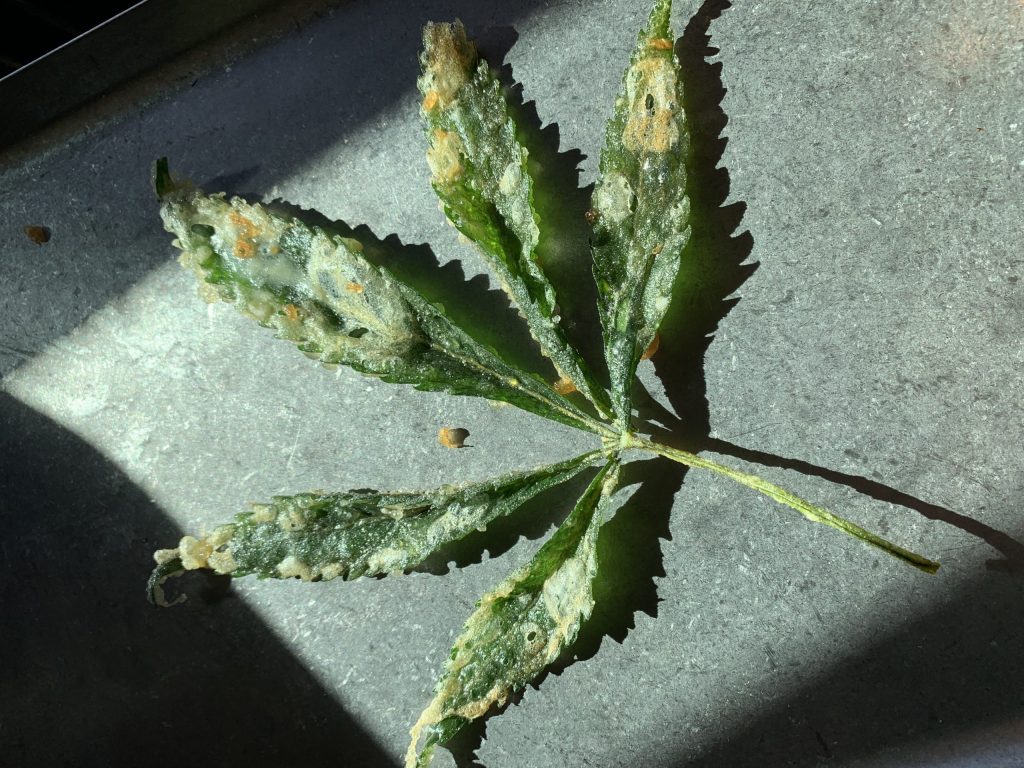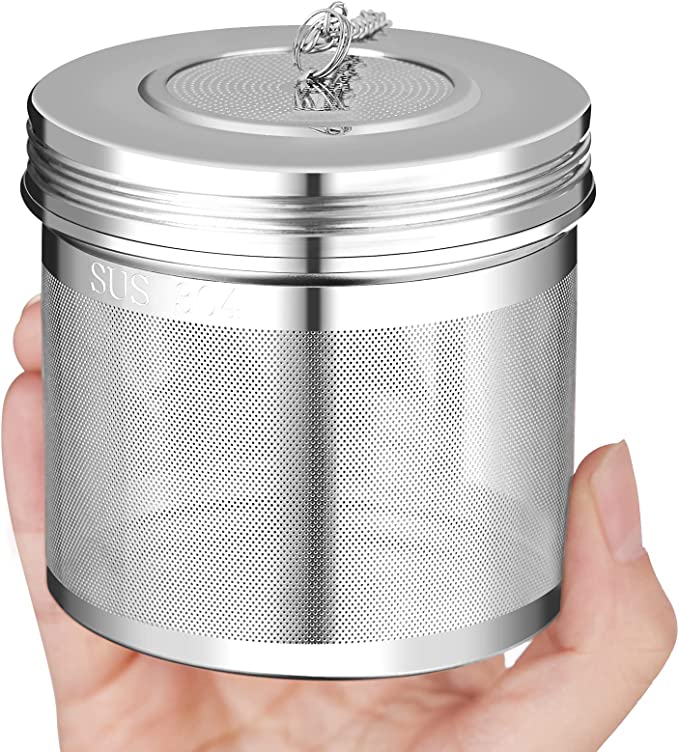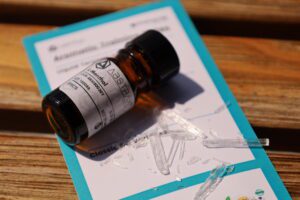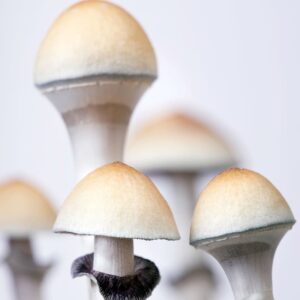Making cannabis edibles is a lot easier than people think. These 5 tips will help you save money and time while getting the most out of your infusion.
Don’t buy premium flower or extracts for edibles
Save top dollar purchases for smoking, vaping, or dabbing. There’s no need to buy top-shelf cannabis products to make edibles because what makes them high-quality deteriorates during decarb. Terpenes are super volatile and are in a constant state of evaporation, depending on how cannabis products are stored. At room temperature, terpenes slowly evaporate, which is why older products don’t smell like they did the day they were purchased.
Terpenes play a significant role in the effects when cannabis is inhaled, but not so much with edibles. During decarb, the heat evaporates many of the terpenes, and when the infusion is made, even more, are destroyed. Even if there weren’t a loss in terpenes during those processes, many terpenes would still be negatively affected by stomach acid and digestion.
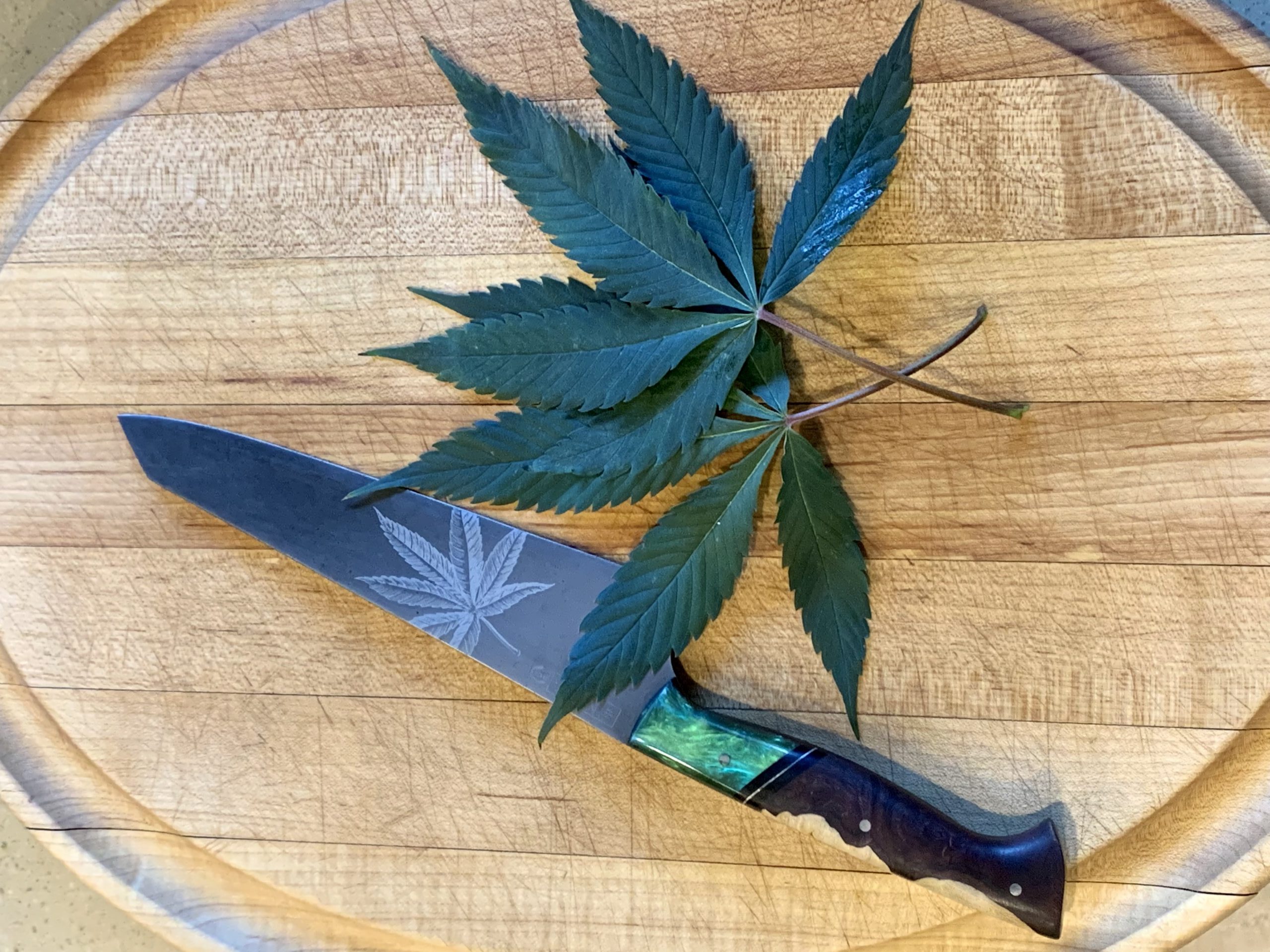
Decarb for efficiency
When researching “how to decarb cannabis,” you’ll find countless suggestions. 240° for 45 minutes, 220° for 60 minutes, 180° for 12 hours, 320° for 6 minutes, and so on. So, let’s make this simple. The University of Mississippi published a decarb model for various cannabinoids. Still, it was done in a very controlled setting, unlike your home oven. I contacted one of the authors and asked what the most efficient home decarb scenario looked like. I was told that 266°F for 30 minutes decarbs all but one (THCA-B) of the known cannabinoids with the least amount of loss.
What does efficient mean? When decarbing herb for edibles, efficient refers to the most conversion to the active form of the cannabinoid, with the least amount of decomposition, such as evaporating or converting into an unknown compound.
Let’s look at THC as an example
The first form of THC is THCA. The A stands for acid, and this form of THC cannot make you feel high. When THCA is heated through decarb, the A evaporates, making the compound lose about 12.3% of its weight. However, 12.3% is in a perfect scenario. The decarb temperature, container, environment, other compounds in your bud, and many other variables can minimize the conversion or increase the decomposition. You will never know the final THC percentage of an infusion without a lab test because of decarb and infusion variables.
Trichome recommends decarbing at 270°F for 30 minutes in a convection oven. Preheat the oven and lightly break up the flower, but do not grind it, so you don’t damage the trichomes. Add the flower to a metal bulk tea leaf container, which will allow airflow to consistently and continually move heat throughout the flower.
Make edible infusions that fit your diet
The two most common bases for edibles are fat and alcohol. Fat ranges from butter, ghee, and margarine to olive oil, MCT oil, and lard! Alcohol infusions need to be 80 proof or more to be effective. However, 190-200 proof ethanol alcohol is ideal.
Fat-based infusions are more common, as they easily homogenize into most edibles. High-proof alcohol isn’t available in every state or country, but oils certainly are! Fat infusions can fit nearly every diet, whereas alcohol does not.
Before picking your infusion base, think about your diet and the edibles you enjoy making. As someone who primarily eats keto, paleo, and animal-based, I prefer making infusions with ghee, tallow, MCT, and avocado oil. I love butter, but it’s not the best extraction base because of the water content, which is why I use ghee instead, which is 100% fat.
Olive oil is excellent for recipes that pair with some of the more floral and bitter flavors of olive. Still, it isn’t ideal for some recipes or consuming as a tincture. MCT oil is impressive because there is absolutely no flavor, but it can cause GI distress to those who aren’t used to it. Avocado and some vegetable oils are great since they are mostly bland. Avocado oil is the best option in this scenario since it’s lower in omega-6 fatty acids than most overly processed vegetable oils.
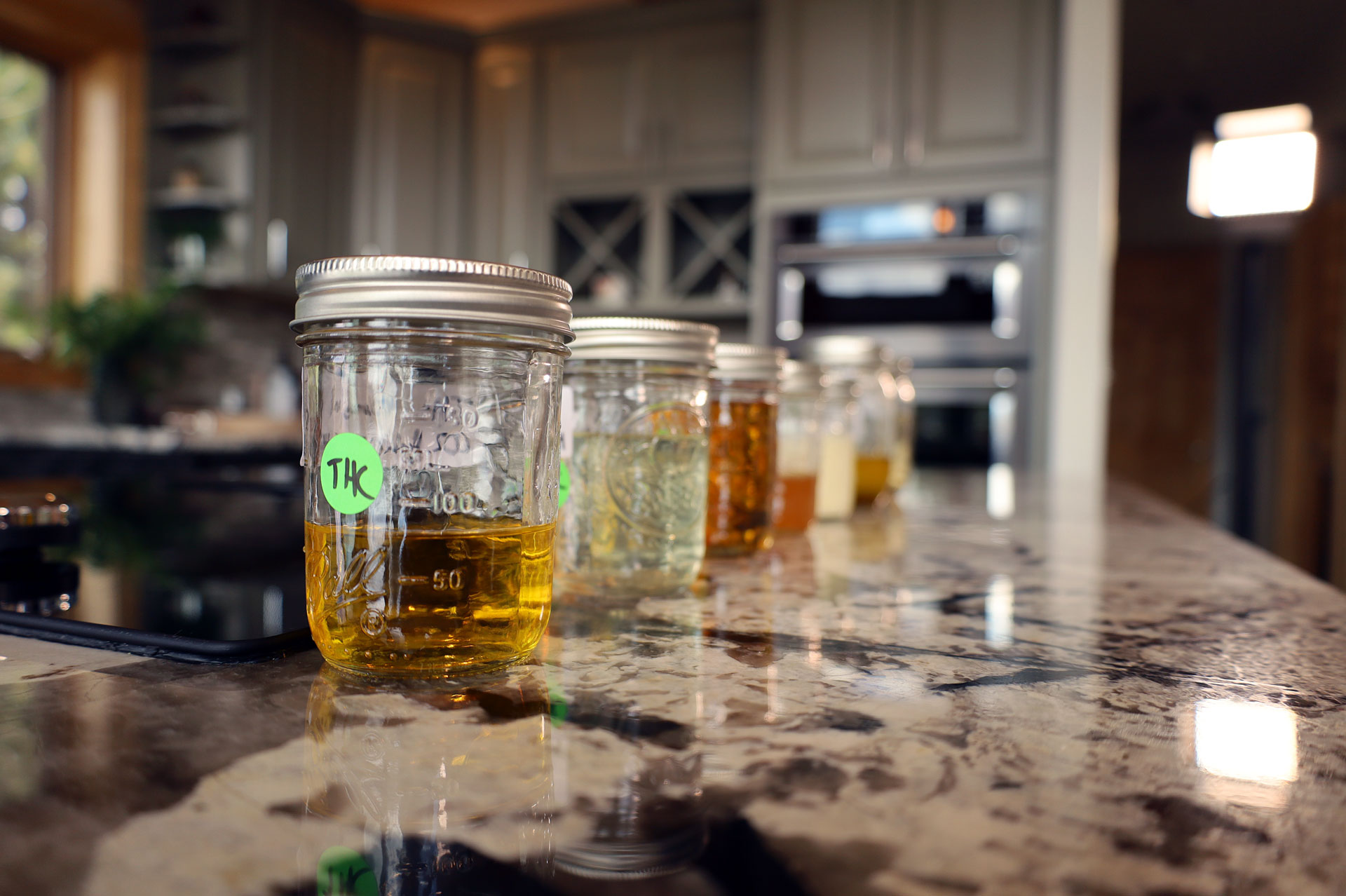
Infuse with everyday kitchen gadgets
Infusion can be easy, and you don’t need a lot of fancy equipment. If you want to invest in a Magical Butter Machine or a Levo for your edibles, go for it. Still, you can easily make infusions with your kitchen equipment. Research shows that the best infusion temperature and time are 212°F for 40 minutes. Here are a few tips to keep things simple and inexpensive:
a) Preheat your infusion base to 225°F in a pot on a stovetop or in an oven. Once preheated, add the decarbed flower, which will reduce the temperature of the fat.
b) Use a kitchen thermometer to monitor the internal temperature of the infusion base. Stir the infusion with the temp probe every 10 minutes to ensure the temperature is accurate. Adjust the stovetop or oven to maintain as close to 212°F as possible. Do not exceed 225°F.
c) Strain the infusion with a nylon mesh filter bag.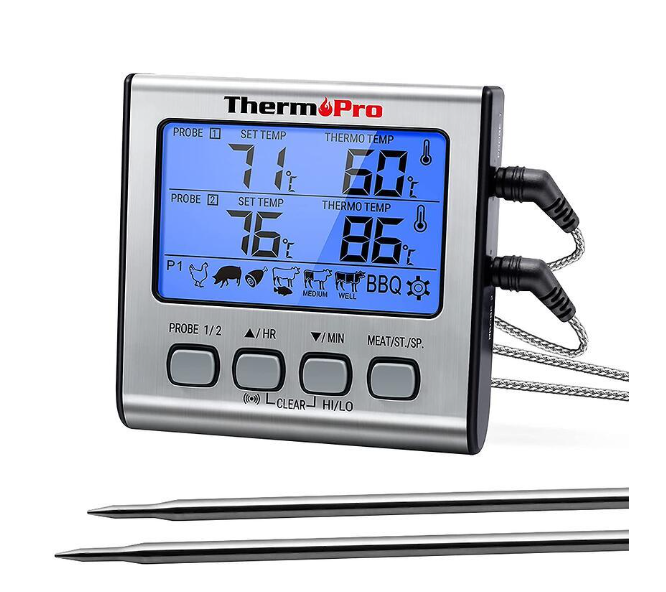
Store infusions in the fridge
Research shows that infusions stored in refrigerators have a much longer shelf life, with a minimal decomposition of cannabinoids. Everything you purchase from a grocery store has storage recommendations and expiration dates, and cannabis edibles are no different. Make infusions you know you will use within 60-90 days and store them in the fridge in a dark container so your dose and experience are consistent.
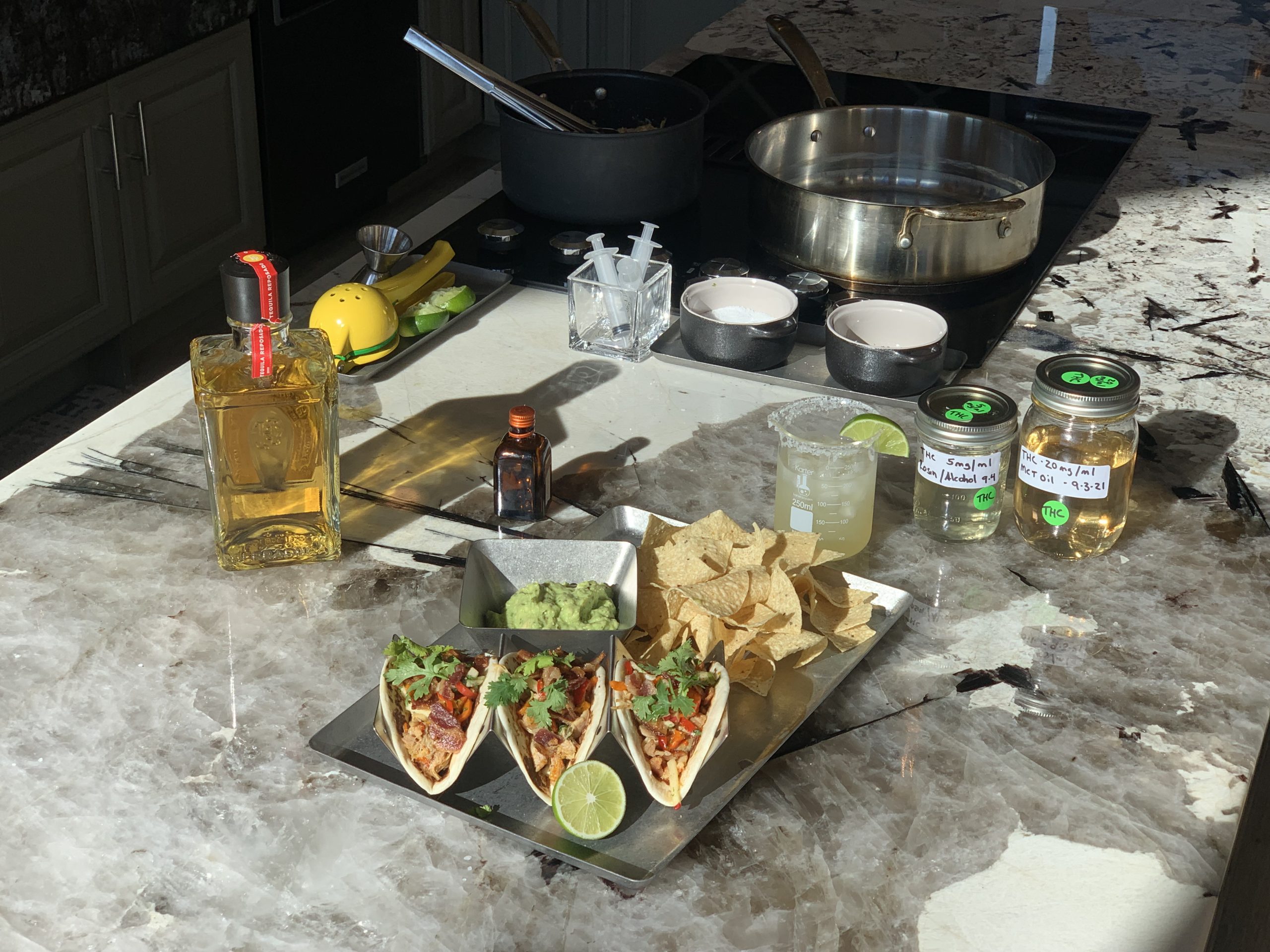
Want to learn more about cooking with cannabis? Check out our new course and earn your certificate!
Cheers,
Chef Brandon Allen
